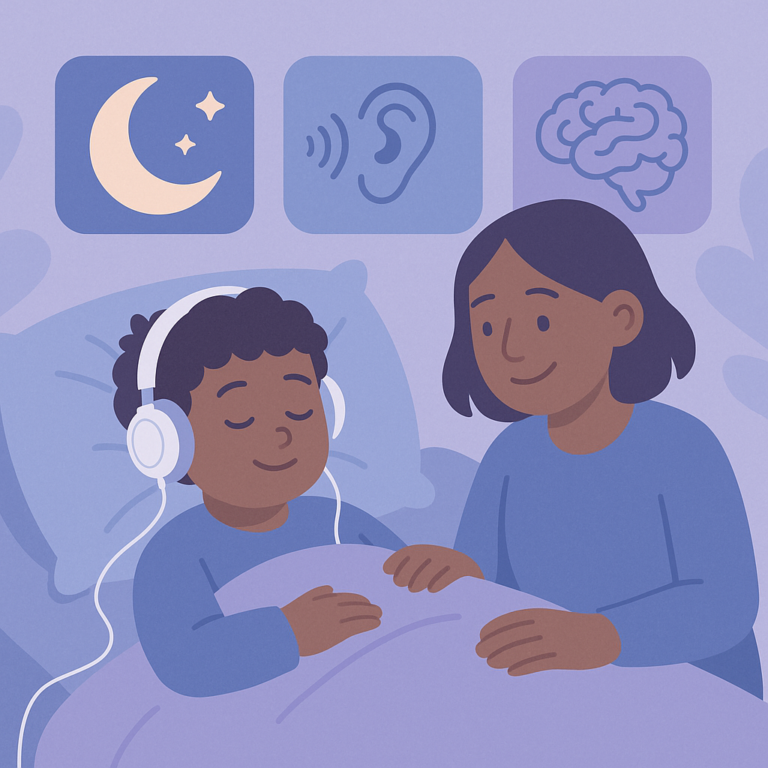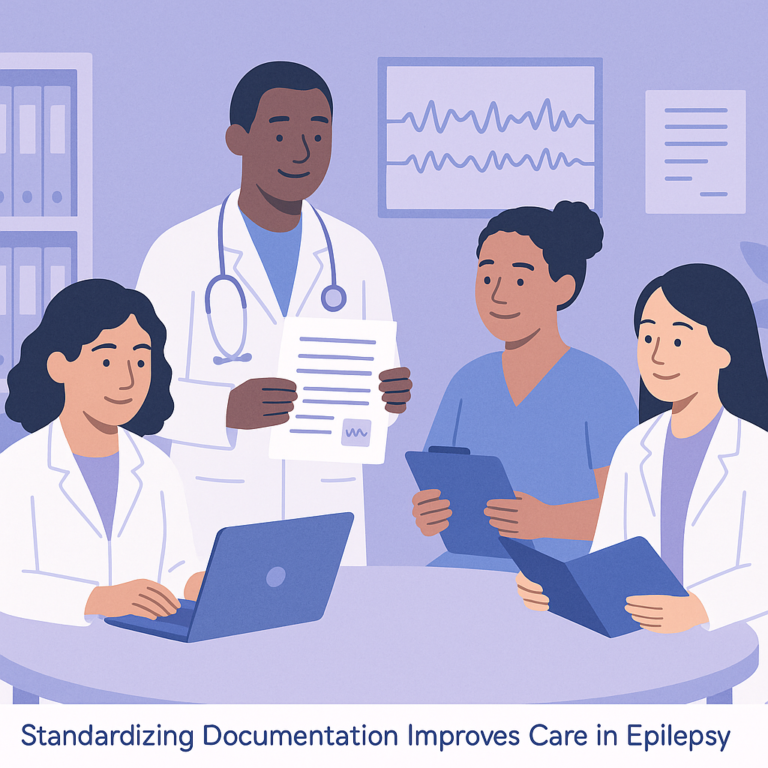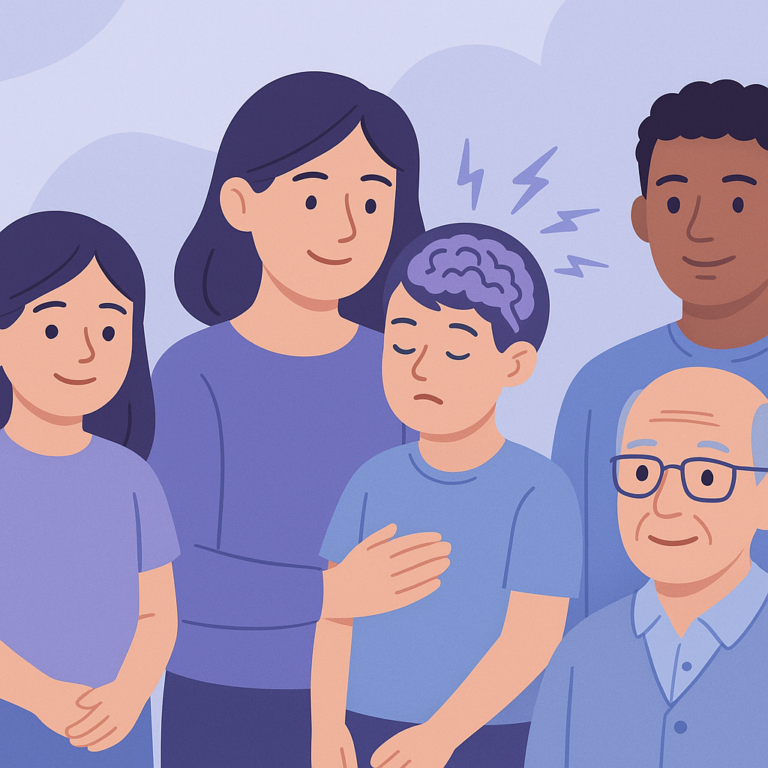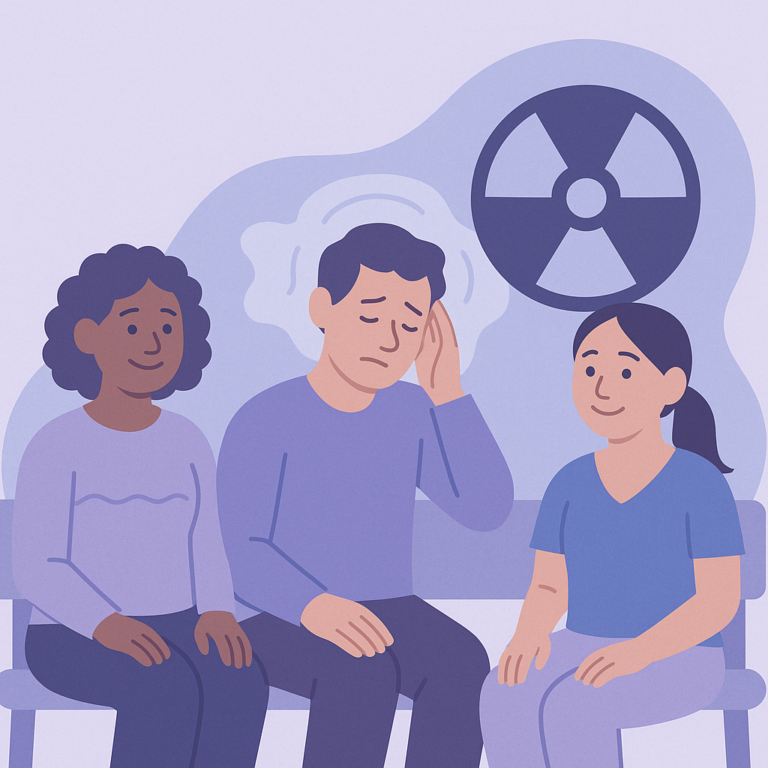Brain Changes Linked to Late-Onset Unexplained Epilepsy
This study focused on understanding brain changes in older adults with late-onset unexplained epilepsy (LOUE), which is epilepsy that starts after age 55 without a clear cause.

This study focused on understanding brain changes in older adults with late-onset unexplained epilepsy (LOUE), which is epilepsy that starts after age 55 without a clear cause.

This study looked at how people with drug-resistant focal epilepsy remember things over time compared to healthy individuals.

This study looked at how effective targeted gene panel testing is for diagnosing epilepsy in children.

This study looked at how well the ketogenic diet works for children with GLUT1 deficiency syndrome (GLUT1DS), a genetic condition that can cause seizures and other neurological problems.

Researchers studied a new method to improve sleep in children with epilepsy, focusing on 27 kids who were undergoing monitoring for their seizures.

Researchers studied how to improve and standardize the way doctors document patient information in outpatient epilepsy clinics.

This study looked at epilepsy in patients with 8p-related disorders, which are genetic conditions linked to changes on the short arm of chromosome 8.

Researchers studied how sensitive people with epilepsy (PWE) are to radiation compared to healthy individuals and cancer patients.

Researchers studied the barriers to accessing epilepsy surgery in Latin America, focusing on how social and economic factors affect care.